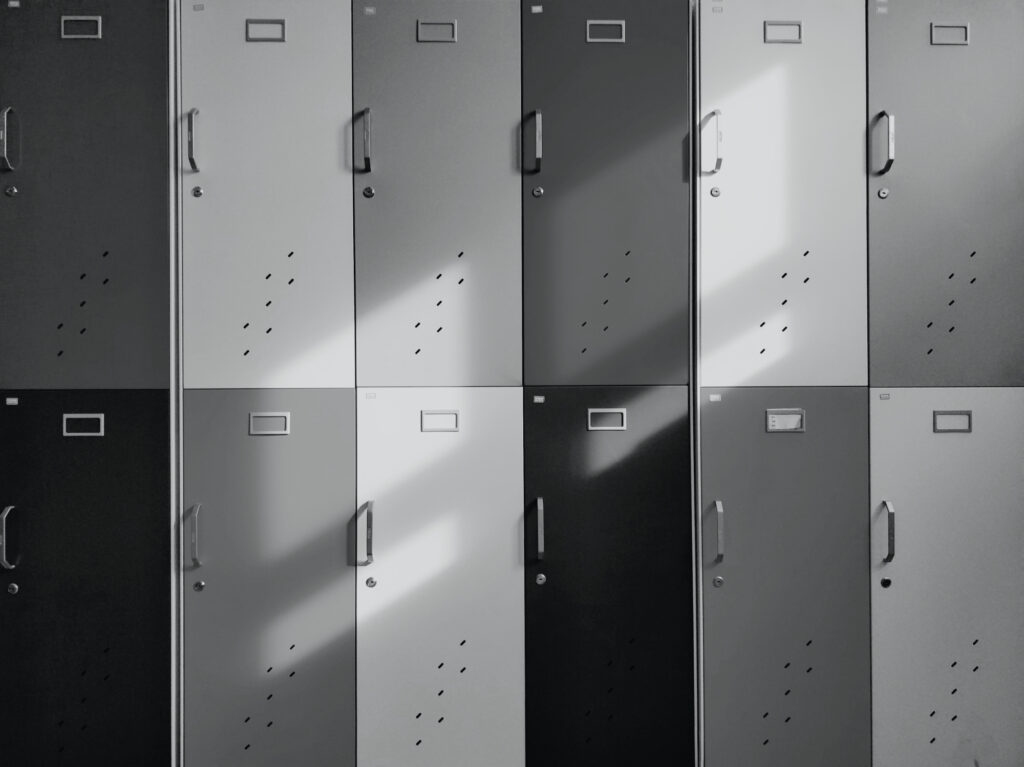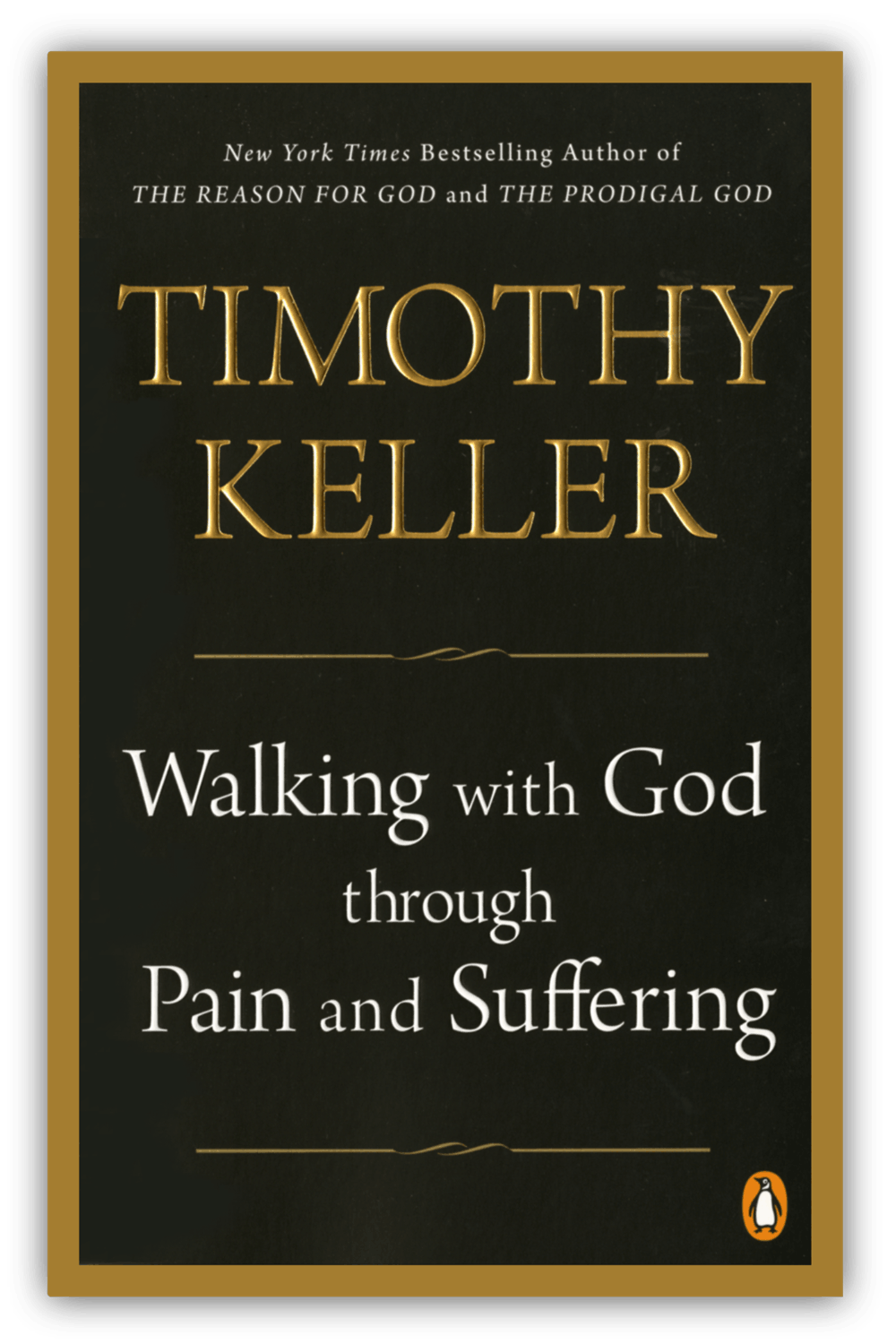How many times have you asked yourself, “Who am I?”
The desire to answer this question—whether it manifests in self-enhancement strategies or self-serving biases—is part of being human. Yet, through a biblical lens, we know something has gone terribly wrong with our human nature. Brokenness happened when sin separated us from our Creator God, and the answers we seek are only obtainable when we reconnect with him.
Because we are beings created to derive our identity from God, the most important aspect in the practice of self-reflection is understanding our stories within the context of God’s story. In counseling what we often do is help people get clarity about what is happening internally for them and then put the pieces of their experiences together to arrive at an organized, coherent story of their life and who they are. This is helpful to us because we are wired to make sense of ourselves and to find meaning and purpose in our lives.
Because we are beings created to derive our identity from God, the most important aspect in the practice of self-reflection is understanding our stories within the context of God’s story.
However, it’s not enough to only know our own stories, because ultimately we cannot fully know who we are, why we are here, and the meaning of life without understanding God and his story.
***
When I was eight years old, my family moved to America from Korea. At the time, there were very few kids like me in my school, and I was bullied and treated like an outsider. Before coming to America, I liked going to school, but school became a dreadful thing after arriving here. For the first two years, as a third and a fourth grader, I sat at the back of the class with paper and a box of crayons, separated from the rest of the kids. I spent most of the hours at school preoccupied with trying to figure out how to avoid the bullies and safely get home. I was physically assaulted by peers and emotionally scarred by teachers, who seemed negligent and treated me differently from the other students.

I am sure many immigrants can relate, but my parents had to work very hard just to make sure we had a place to live and food to eat. They worked opposite schedules from one another so that one of them could always be home with us. As I remember it, most of their hours at home were spent coaching me to care for my siblings and catching up on their sleep. As an adult looking back at my parents’ lives, I find it quite remarkable how they oriented themselves to a new country where everything was unfamiliar. However, as a child, I knew they were not only unavailable but also incapable of helping me.
My parents did not have to tell me how hard it was to “survive” here. I heard their distress in the sound of their voices. I saw on their faces how weary they were, lacking sleep from working long hours and caring for us, their young children. Even as an eight-year-old, I did not want to burden them any more than they already were, and they did not have the capacity to inquire about and listen to how I was doing.
Even though they were very affirming of me and my good behavior, I often felt alone in dealing with the troubles I had to face outside of our home. What I was going through was not a priority, and therefore I was not important. My experiences of feeling incompetent, sitting in the back of the classroom, feeling discarded by the teachers who seemed uncaring and biased, and feeling humiliated by the emotional and physical bullying from my peers had greater impact on my sense of self, in part because I perceived that my parents were not available and were incapable of helping me.
After my first experience of being physically attacked by the neighborhood kids, I remember telling my parents, “I’m scared. I want to go back home to Korea.” My siblings joined me in trying to convince our parents, but needless to say, it didn’t work. My parents consoled us, and after a time of weeping together, my dad instructed all of us to hide our fears. He said to us, “Don’t show them that you’re even a bit threatened by them. Look them in the eye, and don’t let them think you’re afraid. Otherwise they will see you as weak and attack you even more. Show them that you’re strong, that you’re not afraid.”
Many of us hear these kinds of messages growing up. And for me, this was the start of learning to hide my fears and what I perceived to be my weaknesses. From that point on, I associated being vulnerable with weakness and feared that if others discovered my weakness, they would take advantage of it. Vulnerability is something I had to learn and then practice, and it still takes a lot of effort for me to openly share my fears, worries, and sadness with others.
In sixth grade, I was tasked with resolving a problem with my family’s phone bill, since I spoke better English than my parents. The responsibility I felt was so great that when I failed to fix it, I felt devastated. So I made a vow to myself—I will pursue competence in things that are likely to succeed. I will not take on responsibilities that are too risky. I vowed to pursue competence and diminish the risk of failure. In that moment, my strategy of self-redemption was further shaped.
A system of self-redemption is a way of dealing with our shame, our sense that something is wrong with us. Instead of turning to God, our creator, redeemer, and source of our true identity, we turn to idols and develop a strategy for asserting an identity, redeeming ourselves through our own efforts. This is the very essence of sin, but it often develops unconsciously as a result of the ways we are trying to cope with our shame.
My surface idols were grades, being proficient in music, and meeting expectations. But my deeper idol was control.
So I pursued getting good grades, playing the piano and cello, complying with my parents’ expectations for doing chores, and caring for my siblings. I stopped competing in piano competitions when I didn’t win first place. I didn’t apply to my top choice schools when I didn’t do as well as I wanted to on my SAT. My surface idols were grades, being proficient in music, and meeting expectations. But my deeper idol was control. I clearly exhibited a mastery pattern, pursuing a sense of competence and self-worth by doing. Between power or control, I preferred control because I put the pressure on myself. I know that my strategy of control developed long before the sixth grade, but in this particular moment my strategy became more defined: I would only pursue competence in things I was good at, solidifying my way of becoming my own savior.
The emotional/relational experiences in our early relationships with our caregivers form a template that becomes a way for us to make sense of other people as well as how we see and relate to God. This template works like a reflex and operates without our awareness. In my case, I saw my parents as loving, but incapable of really helping me, especially in times of distress as a child. I experienced them as affectionate and warm, but they couldn’t help me learn the language, do my homework, protect me from bullies, or help me manage my fears. So I was able to see God as a loving and warm figure, but not sovereign and capable to address all of my fears. Even though I knew in my head that God is all powerful, I didn’t relate to him or rely on him as if this was true.
I had grown up in a Christian home, but it wasn’t until college that the gospel became personal to me. To know that I am a child of the one and only almighty God who rules over all things was invigorating for me. How amazing! I remember feeling incredibly free, no longer carrying the shame of my past wounds.
However, as I grew older, I began to notice a different kind of obstacle. I knew too much about the right way to live as a Christian, how I should feel toward God, and what I should be doing to grow and serve. And my growing awareness of my failure to live up to these standards left me feeling like my old self again— never good enough. And this has led to self-contempt, which isn’t what a person who has been saved should be feeling.

Instead of resting in what God had done for me, I still believed that I had to work hard to take care of myself, that there are certain things that are my responsibility alone. I worked hard to find a job to provide for my family when my husband started his seminary training. I worked hard to try and figure out what we should do next after being let go from the church where we were serving. I worked hard to get pregnant when I was told that I would not be able to conceive without help. When I was distressed, my pattern was to jump into action, and God took the back seat.
It’s not that God was completely irrelevant in these situations. I prayed for his help to strengthen me and even guide me. But I could not find rest in him or really trust that he would provide without me working hard. I reached out to him but didn’t experience peace. There was a disconnect. Because of my past experiences with my parents, I acted as if everything was all up to me, which led to the old painful feelings of being alone as I tried to handle things that felt overwhelming to me. As this pattern became more apparent, I realized that I did not know enough about who God really is to trust him. I related to him as if he did not have the power to change my circumstances or my distress without my own efforts to change them. I was relying on myself and disparaging his omnipotence in my life.
When my husband and I first came to Redeemer in 1998, we were experiencing the limits of our own failed strategies. We had been “kicked out” of the church we had been serving in, felt betrayed by the senior pastor, and were utterly lost about the direction of our lives. In this difficult time, God brought us to a place where we not only heard the gospel preached, but where we experienced God’s grace—through our small group, and through Tim Keller himself. It was through Tim’s preaching and the love we received that I began to understand how my system of self-redemption worked, why it had failed, and what it means to internalize the gospel.
I still struggle with my system of self-redemption today. However, being aware of this pattern motivates me to seek to know and understand aspects of God that are not fully real to me yet. When I got married at the age of twenty-four, I thought I knew the man I was marrying, having dated him for four years. Now, even after thirty-one years of marriage, I am often baffled by who he is and realize again and again there is much more to know about him. And this is the nature of relationships. As they deepen and grow in intimacy, we learn more about the other that we didn’t know before. And if this is true of human relationships, how much more is it so with God? God is enormously vast, mysterious, and too magnificent for us to comprehend fully. There will always be something more to know about him.
Then, as we become more aware of our self-reliance, we need to repent. I experienced an inordinate desire for control. I worked hard to suppress my pain and to feel worthy by overloading myself with responsibilities. I could not rest and trust in God. I related to God as if he were incapable of helping me. We not only need to repent of our self-reliance, but also of the way we perceive God and relate to him.
***
Our life stories did not begin at birth. We were a part of God’s plan before we were knitted together in our mother’s womb. In Genesis 1, we read that Adam and Eve are the climax of God’s creative activity. He placed them not in an unformed, unfurnished setting to survive in, but made sure everything was set for them to live with purpose and meaning and be fruitful as his image bearers. Then God saw all that he had made and declared that “it was very good” (v. 31). In God’s story, he delighted in what he created. He didn’t create us out of necessity; he made us out of his sheer delight and gave us an identity, purpose, and meaning.
However, even though I firmly believe my identity is in Christ, when something unexpected and hard happens to me, my first thought is, What did I do wrong? It’s as if there is a formula I need to follow to avoid any hardships and have a peaceful, thriving life. And this is why I need to be reminded of God’s story again and again—that my identity is not something I need to obtain by doing what is “right” or not doing what is “wrong,” but reminding myself of the truth that he gave me an identity and imagine him saying to me, “You are my very own and you are not alone.” In God’s story, even though we are who he says we are and are clothed in his righteousness, we are not yet perfect. God is in the process of redeeming us and redeeming all of creation. So even if we do everything right, we will still face adversities, challenges, diseases, and heartaches. However, when we know who we are in him, we will make sense of our suffering differently.
As we practice self-reflection, we will see more of the pain that we need to grieve as well as more of the idolatrous strategies that we need to repent of. Our stories will expand and be revised with more key details that make better sense of why we are the way we are and why we act the way we do. Yet, at the same time, these new insights about ourselves should not end with just a better, more cohesive story centered on us. Our stories must be expanded and revised within the context of God’s story. When we are able to see our stories within his, we are reminded of his truths and they sink deeper into our hearts. We better understand who we are in Christ, which gives new meaning and purpose to our suffering and renews our hope.
Dr. Judy Cha is the director of Redeemer Counseling. This article was adapted from the book Who You Are: Internalizing the Gospel to Obtain Your True Identity, which was released by Zondervan Reflective on October 17, 2023.




